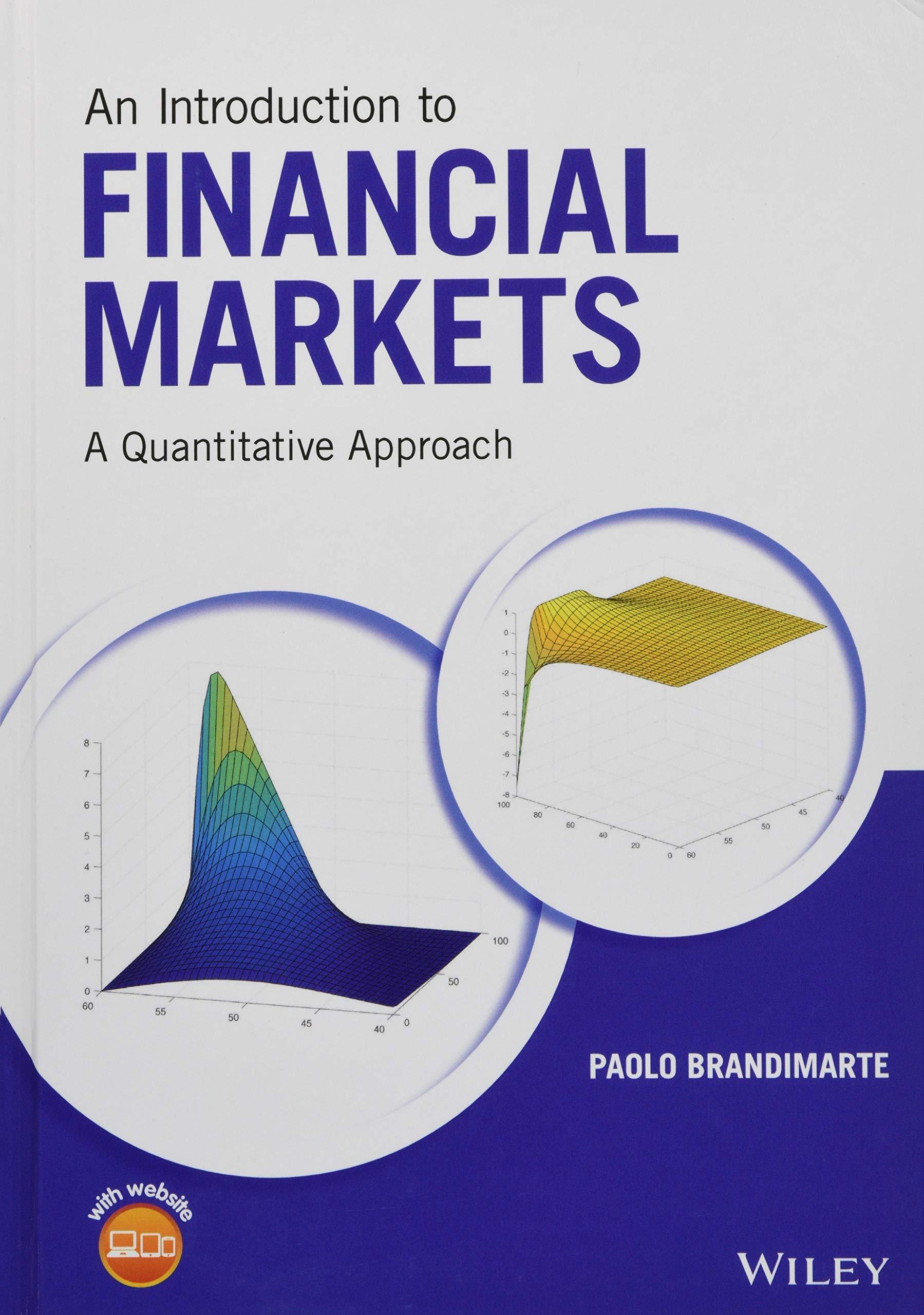When asked to make a choice, most people prefer ($ 2400) with certainty to a lottery in
Question:
When asked to make a choice, most people prefer \(\$ 2400\) with certainty to a lottery in which they may win \(\$ 2500\) with probability 0.33 , \(\$ 2400\) with probability 0.66 , and nothing with probability 0.01 . Note that the expected value in the second case is \(\$ 2409>\$ 2400\), but the fear of painful regret in the case of a zero payoff is such that we prefer to avoid the risk. Let us assume a utility function such that \(u(0)=0\), with no loss of generality. Hence the above choice implies the following:

However, most people prefer \(\$ 2500\) with probability 0.33 and nothing with probability 0.67 to \(\$ 2400\) with probability 0.34 and nothing with probability 0.66 . Arguably, this is due to the fact that we are not really able to perceive the small difference in probabilities, whereas the additional \(\$ 100\) have a clear meaning. However, according to utility theory, this second choice implies
![]()
which contradicts the first one.
Step by Step Answer:

An Introduction To Financial Markets A Quantitative Approach
ISBN: 9781118014776
1st Edition
Authors: Paolo Brandimarte





